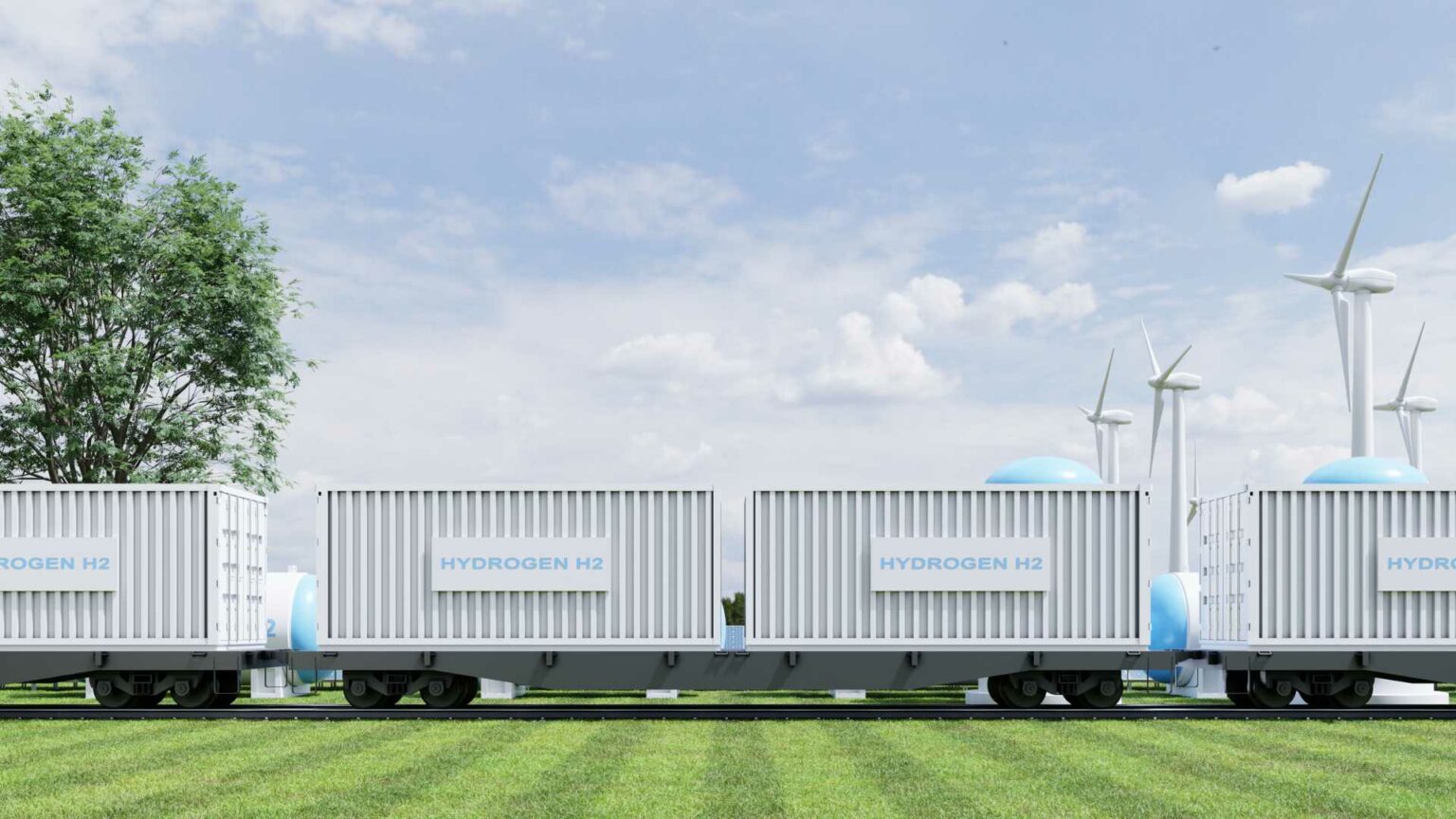Romania’s pursuit of eco-friendly rail transportation encountered a roadblock as the Railway Reform Authority (ARF) canceled its procurement procedure for 12 hydrogen-powered trains due to the submission of a single non-compliant bid. This setback raises questions about the future of hydrogen trains in the country and their role in sustainable transit.
The ARF’s evaluation committee, with insights from experts at the European Investment Bank, identified several significant non-compliances within the bid submitted by the Consortium Alstom Transport and Linde Gaz Romania. These critical non-compliances included a notable deficiency in the availability of the trains. The bid failed to meet the required criteria for both the number of days of annual usage and the number of kilometers these trains could cover each year.
The delivery schedule for the first train and the subsequent series of deliveries was considerably longer than what was anticipated. These delays were incompatible with the time constraints of the National Recovery and Resilience Plan (PNRR), which aims to boost sustainable economic recovery. Additionally, non-compliant characteristics of the driver’s cabins in comparison to the specified ergonomic workspace for train operators further complicated the matter.
The procurement procedure had broader implications. It encompassed the acquisition of 12 hydrogen fuel cell electric trains, maintenance services for these trains, and hydrogen supply services for a period linked to the lifespan of the vehicles. The project had been chosen as a part of the PNRR in recognition of the trains’ environmentally friendly attributes, countering some of the environmentally detrimental highway projects within the same plan.
The project was transferred to the ARF in late 2021 after being initially selected by the Ministry of Transport and Infrastructure earlier in the year. The feasibility study was finalized by April 2022.
One of the issues that the ARF faced was the nascent nature of hydrogen train technology. Only a limited number of authorized trains are available in the market. Although the required trains were part of the manufacturers’ commercial offerings, they had not yet received the authorization necessary for market introduction, a process that typically takes more than three years before production can commence.
Romania’s railway network faces a unique set of challenges, with over 50% of the network not electrified. The process of electrification has been notably slow. ARF believed that implementing this pilot project with hydrogen fuel cell trains was a technically sound approach for decarbonizing rail transportation.
Initially, these hydrogen-powered trains were planned for use on non-electrified routes in the northern part of Bucharest, such as Gara de Nord – Henri Coandă Airport, Gara de Nord – Pitești – Craiova, Gara de Nord – Târgoviște, and Pitești – Curtea de Argeș. Once electrification was completed on these lines, the trains were intended for transfer to other non-electrified routes.
The outcome of this pilot project would significantly influence decisions on expanding the fleet to other regions of Romania and potentially procuring battery-powered trains. The setback in the procurement procedure raises critical questions about the role of hydrogen trains in Romania’s eco-conscious transit future.
As Romania and its partners reevaluate their approach to hydrogen trains, it remains to be seen how the nation will reconcile its ambitious environmental goals with the practical challenges encountered in the nascent hydrogen train industry.





